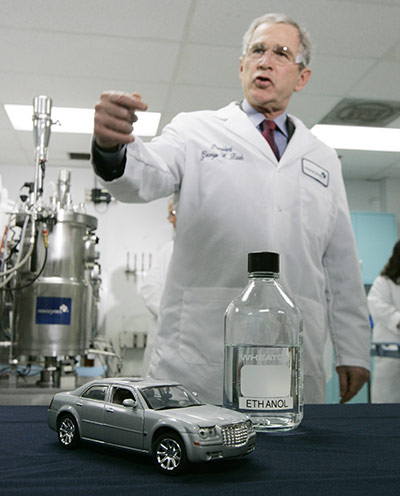Well, maybe not thousands.
It is a cosmetic defect (apparently more spread then we think) and not so obvious since it wasn't even notice at time of buying.
A lot of factors influence resale value.
For instance, even GM recalled cars haven't pummeled in resale value.
Of course the difference here is that it was a volountarily hidden threatening engineering defect.
But still, what amount of energy and money those families had to spent to get a result.
"Quitters never win" has an obvious ring of truth to it, but so does "Choose your battles".
Life is short and you have to weight in what you could get vs what you would spend in energy and money.
Especially in a case where you start with two strikes (accepting delivery and giving hints of buyer remorse).
I know I sound rude, but you would be facing those arguments in a procedure.
That's how it works: will the cost of procedures exceed the benefit ?
(Benifit being here maybe, only maybe, a new unit at a fee for depreciation of the first one, or a random amount based on hypothetical lost in resale value for a car otherwise working as intended).
Don't get me wrong, I'm not saying it is a good thing, but they even do this benifice calculation in criminal justice (plea bargaining)...
...so that's an honest lawyer would say.
Unless one has the time, money and energy to fight for the principle of it.
Because you do have something to lose on those three aspects, even if you are in your own right and win.
We are talking paint job here, not life and death. So who are we to judge that one should go ahead despite what is involved
(A dishonest lawyer would say sure, we'll do it - after checking the credit score of the customer... - without mentioning what is involved in time, money and energy).
I'm with you with arbitration, though: less of a burden, less to lose so why not? No more guarantee of winning, though.


